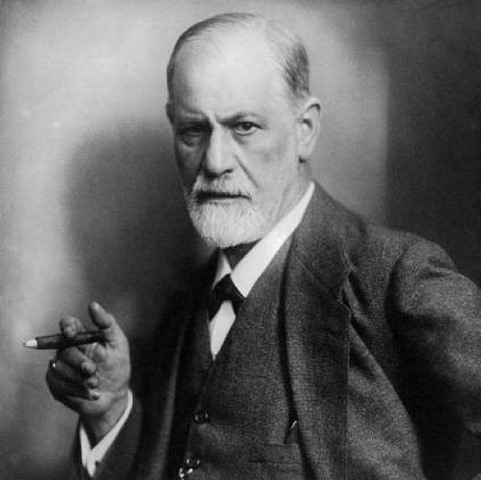God and coronavirus: Gone missing?
By Rusty Wright
How could a loving, just, powerful God allow a tragedy like the coronavirus pandemic? Doesn’t he care that innocent people are suffering and dying? It seems unjust. If God exists, isn’t he strong enough to stop this madness?
Two young brothers were always getting into trouble. Their parents invited the pastor over, hoping a dose of religion could get them to shape up. The minister began by addressing the younger brother in the living room, while the older remained upstairs.
“Where is God?” the pastor asked the younger one. Petrified, the boy remained silent. “Where is God?” the minister asked again, more firmly. Still no response. “Where is God?” he asked a third time, even more resolutely. Scared to death, the boy ran upstairs and shouted to his older brother: “We’re in big trouble. God’s missin’, and they think we did it!”
Where is God?
Where is God? If you or your loved ones have experienced illness, job loss, unrelenting anxiety or even death, such a question is not surprising. I’ve asked it myself in the past, wondering if God existed, angry with him if he did.
Sigmund Freud called religion an illusion that humans invent to satisfy their security needs. To him, a benevolent, all-powerful God seemed incongruent with natural disasters and human evil. My graduate work focused on understanding Freud’s disappointment about the biblical God and anger with believers.
The biblical documents portray God as sovereign but as giving us freedom to follow or to disobey him. Humans are not robots but free moral agents. Oxford scholar C.S. Lewis estimated that 80 percent of human suffering stems from human choice. He called pain God’s “megaphone” that alerts us to our need for him: “God whispers to us in our pleasures, speaks in our conscience, but shouts in our pains.”
Coronavirus origins?
Did coronavirus originate from human mistakes? The jury’s still out. Did human action contribute to its spread? Little doubt. Could the pandemic’s pain produce any benefits in individual lives?
In hindsight – and as a former skeptic – I’m glad God has used pain in my own life.
As a teenager, I nearly was expelled from secondary school for some problems I helped create. In my hurt and anger I wondered, “Why would God allow this to happen?” I was mad at him! In retrospect, I realize I was blaming him for my own bad choices. My personal anguish kept me from seeing that. But over time, my failures helped me recognize my need for a relationship with God, which I discovered as a university student. That has made all the difference.
This response about God and suffering does not answer all concerns (because the biblical God sometimes does intervene to thwart human misdeeds or natural peril), but it suggests that the problem of evil is not as great an intellectual obstacle to faith as some imagine.
Pain’s emotional barrier
Pain’s emotional barrier to faith, however, remains formidable. When I see God, items on my long list of questions for him will include a heartbreaking and unwanted divorce, betrayal by trusted coworkers, my second wife’s cancer death, and all sorts of disappointing human behavior and natural disasters.
Yet in Jesus’ life, death, and resurrection, I’ve seen enough to believe that, as one of his early followers wrote, “God causes everything to work together for the good of those who love [him].”
Not satisfied with these brief responses to some profound questions? I don’t blame you. As mentioned, I once was quite skeptical about faith matters and did not accept these ideas right away. It took time, interaction, reflection, and analysis. But exposure to this reasoning was a necessary start. Maybe this can get you thinking.
Stay safe. And inquisitive.
Rusty Wright is an author and lecturer who has spoken on six continents. He holds Bachelor of Science (psychology) and Master of Theology degrees from Duke and Oxford universities, respectively. www.RustyWright.com
Copyright © 2020 Rusty Wright
This article first appeared on WashingtonExaminer.com
# # #
Editors: Note pictures below. For access to these images and more, check here, here, and here.



